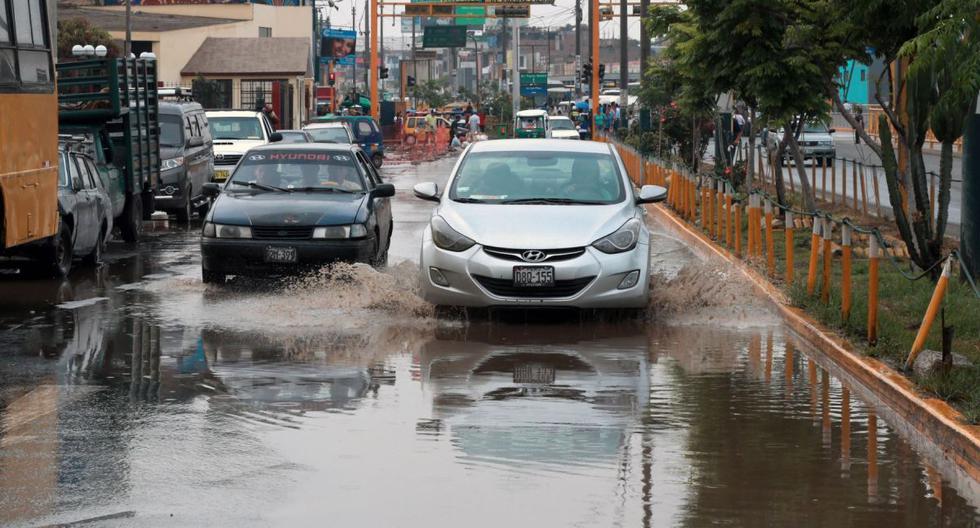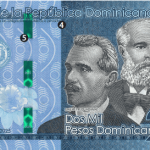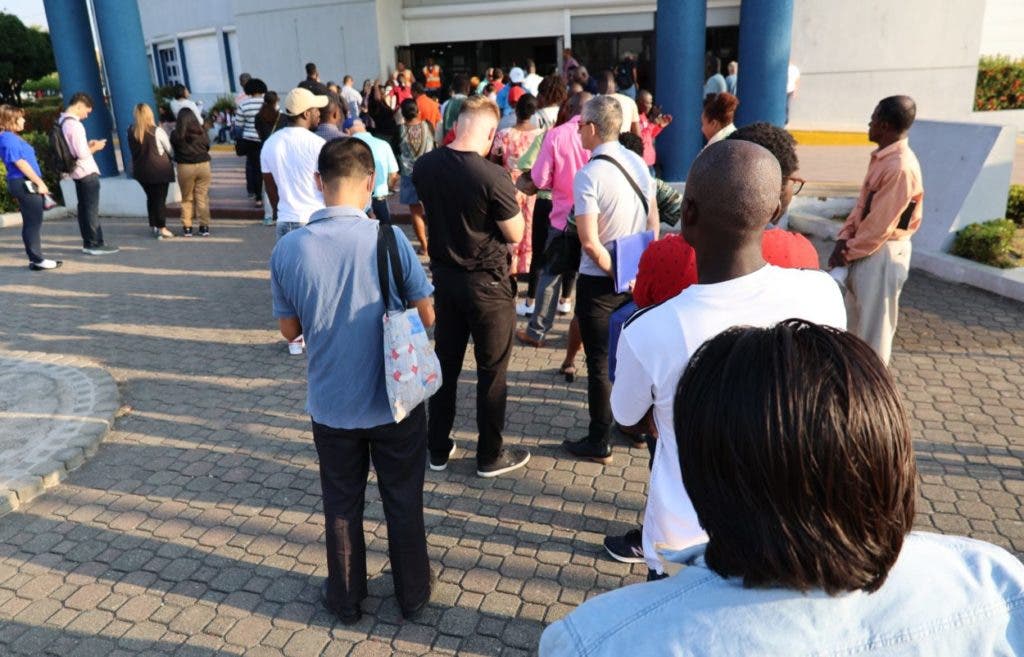Given the possibility of an unforeseen event, be it an accident, a sick person, job loss, or a natural disaster such as the Cyclone Yakuthe BCP offers some advice so that you can count on savings to face those emergencies.
Define a monthly amount. Just as we have fixed expenses, such as housing or food payments, our monthly budget must include an amount destined to save for the emergency fund.
Keep in mind the 10% formula. Ideally, the amount allocated to the fund should be equivalent to 10% of your monthly income; that is, if you have an income of S/1,200, you should try to save at least S/120.
Set a goal. The emergency fund should ideally be equal to three to six months of your current salary. This will allow you to meet your basic needs during times of urgency.
Keep your fund separate and safe. The temptation to spend is always great, so it is best to have your emergency fund saved in a different bank account from where you normally receive your income. In this way you will have your fund more secure and avoid the temptation to spend it.
Try to see it as a compromise. Make everything possible so that the contributions are continuous. Skipping a month’s contribution or “borrowing” that money will only keep you from reaching your goal.
With these key points, you are ready to start designing your emergency fund and deal with urgent situations.


















